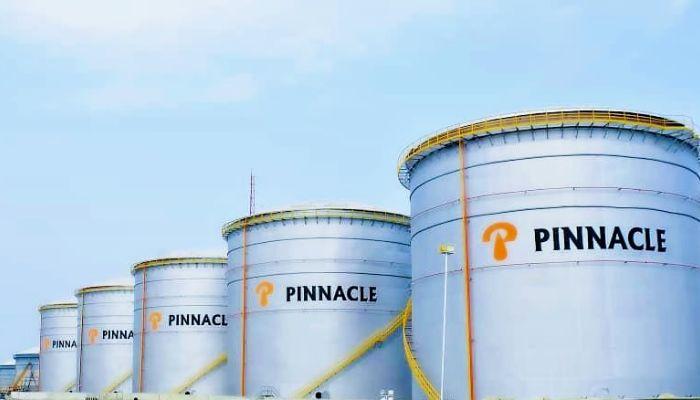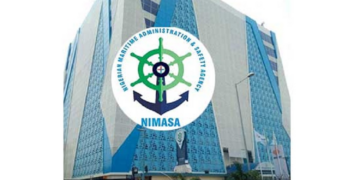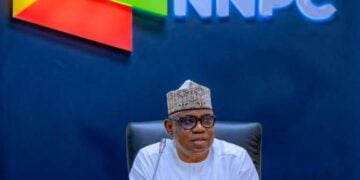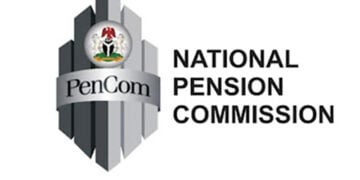Pinnacle Oil & Gas said it had earlier signed a 13-year Interconnection Agreement Dangote Refinery, leveraging on its $1 billion Petrol Terminal for petroleum distribution efficiency across the country.
Giving a further clarification on the deal, at the media briefing in Lagos yesterday, the managing director/CEO, Pinnacle Oil and Gas Ltd, Robert Dickerman, noted that, “in our effort to further enhance distribution efficiency, we proposed and invested in pipelines to distribute petroleum products from the Dangote Refinery, as pipeline transfer is far less costly than distribution by ship or trucking across the country.”
Stating that Dangote approved this project wholeheartedly when proposed to them, he added that, “when we proposed this project to Dangote, they wholeheartedly agreed and signed a 13-year interconnection agreement with us. In addition, Dangote facilitated our process of achieving regulatory approval by writing two Letters of No Objection to the regulator to enable our project to proceed.”
Saying the optimal solution to Nigeria’s energy security and pricing is a market-based solution that encourages all sources of supply, be they from local refineries, imports or any other source, he stressed that, “these suppliers must adhere to the strict specifications of the market and product must be handled safely. But the consumer should be indifferent to the source of supply, as long as the product is good quality, and the price is the lowest attainable. This solution demands competition.”
The Nigerian system of distribution could be more efficient, with working products pipelines and terminals near large demand areas, but given the infrastructure we have, it works quite well, he said.
“There are well over 100,000 people working in this sector in Nigeria, operating vessels to every working port, operating storage terminals, driving trucks to filling stations, operating retail stations and providing customer service. The Dangote Refinery would be well advised to utilise this system and help keep prices at market levels, so the entire industry can avoid supply disruptions and price shocks. There is no need or desire to re-create the distribution network where every truck must load at one point for the entire country,” he pointed out.
While reacting to a statement issued by Dangote on November 5, 2024 titled: ‘Pinnacle Oil and Gas FZE: Our Stand,’ he said, Pinnacle Oil & Gas built a revolutionary terminal in Lekki Free Zone at great expense for the benefit of far greater efficiency in the distribution of petroleum products throughout Nigeria.
Prior to the Pinnacle terminal, he stated that all imported cargoes had to be transferred to smaller vessels due to the shallow draft restrictions across Nigerian ports.
This extra vessel charter, along with the associated costs of delay, he said, has been inflating the delivered cost for many years, emphasising that, “with the Pinnacle terminal, full cargoes can offload in less than 40 hours and sail away without any ship-to-ship transfer or delays. This has been working extremely well for the country since operations began in 2021.”
Making clarification, he said, imports do not equate to substandard or off-spec products as projected in the Dangote’s statement, and that, there is no reason to believe that products refined in other countries would be of any lower quality than those refined here.
To him, “Again, the regulator and all market participants work in tandem to ensure that no substandard product is ever delivered to customers. We wish the Dangote Refinery well and expect that with all their options for sales and distribution, they will find it simple to compete at market pricing and make a healthy return for their investors. This will encourage further investment in refining, storage and distribution to make Nigeria an efficient global trading hub, and an example for other markets around the world.”











